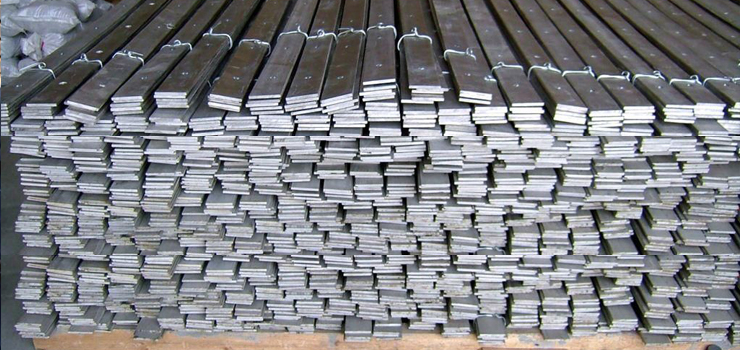Belgrade-based steel mill HBIS Serbia announced July 11 that unfavorable conditions in the global market have prompted the company to shut down one of its two blast furnaces.
“Preparations are underway at HBIS Serbia for the shutting down of blast furnace number one. The reason for this decision is the current situation in the global market that has resulted in reduced demand for steel,” the company said in an emailed statement July 11.
Blast furnace no. 1, with a maximum capacity of 900,000 mt, is expected to stop production by the end of this month, reported Serbia’s state news agency Tanjug on July 11.
This is the second time HBIS Serbia has announced the temporary shuttering of this blast furnace since 2020. The furnace was previously restarted in Aug. 2021 after HBIS Serbia shut it down in July 2020 because of unfavorable market conditions caused by the coronavirus pandemic.
HBIS Serbia, owned by China’s HBIS Group, was set up in 2016 after the Chinese group purchased physical assets of the then bankrupt steelworks in the eastern Serbian town of Smederevo. The plant in Smederevo produces iron at two blast furnaces, then converts blast furnace iron to crude steel at a three-furnace converter shop and continuous casting complex. Steel processing includes a hot strip mill, sheet cold reduction mill, annealing and tempering units.
HBIS Serbia currently employs more than 5,000 and has a capacity to process 2.2 million mt/year of flat rolled steel products in coils and sheets, including hot-rolled and cold-rolled products, as well as tinplate products.
“We have adapted our business operations to the current situation. When the market conditions permit, the blast furnace will be restarted,” the company said in its emailed statement.
HBIS Serbia with exports worth Eur234.7 million ($237.1 million) was the second largest exporter in Serbia in Q1, according to a presentation from the Serbian finance ministry. The top three largest exporters in the first quarter were mining companies.
The largest exporter was Brestovac-based Serbia Zijin Mining with exports worth Eur276.8 million, while the third largest exporter was Serbia Zijin Bor Copper with exports worth Eur210.0 million.
Following the EU’s introduction of import bans on steel from Belarus and Russia, quotas previously assigned to these two countries were reallocated to other exporting countries on a proportional basis, including Serbia, the EU’s Directorate-General for Trade said in a March statement.
Serbia’s export quotas for hot rolled sheets and strips to the EU were increased from 117,034 mt in Q1 to 151,443 mt in Q2, according to Commission Implementing Regulation (EU) 2022/434 from Mar. 15. The EU quota for Serbia for the current quarter amounts to 157,700 mt.
Several coilmakers at reduced capacity
Due to weak flat steel demand most European coil producers have been operating at reduced capacity over the past couple of months. They have also been planning longer summer maintenance periods and some have confirmed blast furnace stoppages. These measures have been taken to balance out supplies with low demand and to support domestic prices.
Automotive manufacturers have been consuming less steel than last year and compared to usual rates because components shortages have hit car production. Other end-users, including in the white goods segment, have also been reported to be demanding less steel. Distributors have sufficient inventories of coil and, therefore, have been reluctant to book more material in a falling market.
Steelmakers ArcelorMittal in Dunkirk, France, and Acciaierie d’Italia have recently announced plans to stop one blast furnace each. ArcelorMittal Bremen has introduced short-time work. Italy’s Arvedi plans to fully stop its Cremona mill for the month of August. Several Northern European producers were reported to be temporarily idling their galvanizing lines in July-August.
One Central European steelmaker has started to offer slab in the spot market to reduce output of finished steel.
These measures, combined with some recovery of import prices and a need on the part of European buyers to restock for September, have impacted prices, halting the downwards trend from early July. Market participants believe that prices have reached bottom and that restocking will start by the end of this month.
Platts assessed HRC in Northern Europe at Eur850/mt ex-works Ruhr July 8, unchanged day on day, but down by Eur610/mt from March 24 when prices reached their peak, according to S&P Global Commodity Insights data.
— Maria Tanatar, Vladimir Pekic






